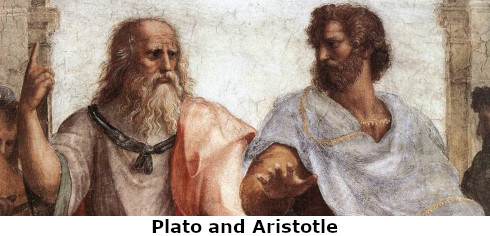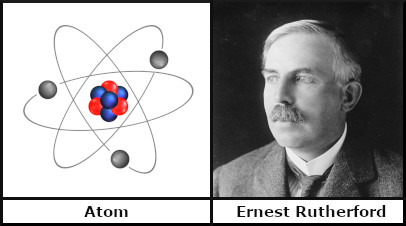Anatole France? George Pólya? George B. Hartzog Jr.? Apocryphal?

Question for Quote Investigator: Educators are tempted to cover numerous topics and present a farrago of facts, but this superfluity discourages many learners. A small number of well-chosen topics and pertinent examples can activate curiosity. The Nobel-Prize winner Anatole France has been credited with the following astute advice for teachers:
It is enough to open minds; do not overload them. Put there just a spark. If there is some good inflammable stuff, it will catch fire.
Would you please help me to find a citation?
Reply from Quote Investigator: In 1894 prominent literary figure Anatole France published a collection of essays titled “Le Jardin d’Épicure” (“The Garden of Epicurus”) which included a section containing guidance for educators. Emphasis added to excerpts by QI:1
Soyez des généralisateurs, soyez des philosophes et cachez si bien votre philosophie qu’on vous croie aussi simples que les esprits auxquels vous parlez. Exposez sans jargon, dans la langue vulgaire et commune à tous, un petit nombre de faits qui frappent l’imagination et contentent l’intelligence. Que votre parole soit naïve, grande et généreuse. Ne vous flattez pas d’enseigner un grand nombre de choses. Excitez seulement la curiosité. Contents d’ouvrir les esprits, ne les surchargez point. Mettez-y l’étincelle. D’eux-mêmes, ils s’éprendront par l’endroit où ils sont inflammables.
Here is one possible translation into English performed by Alfred Allinson in 1908:2
Deal in broad generalities, be philosophical, but hide your philosophy so skilfully that you appear as artless as the minds you address. Avoiding technical jargon, expound in the vulgar tongue all share alike a small number of great facts that strike the imagination and satisfy the intelligence. Let your language be simple, noble, magnanimous. Never pride yourselves on teaching a great number of things. Rest content to rouse curiosity. Be satisfied with opening your scholars’ minds, and do not overload them. Without any interference of yours, they will catch fire at the point where they are inflammable.
The instance provided by the questioner and other modern instances attributed to Anatole France may be viewed as alternative translations of the original French text of varying fidelity.
Below are additional selected citations in chronological order.
Continue reading “Quote Origin: Awaken People’s Curiosity. It Is Enough To Open Minds; Do Not Overload Them”







